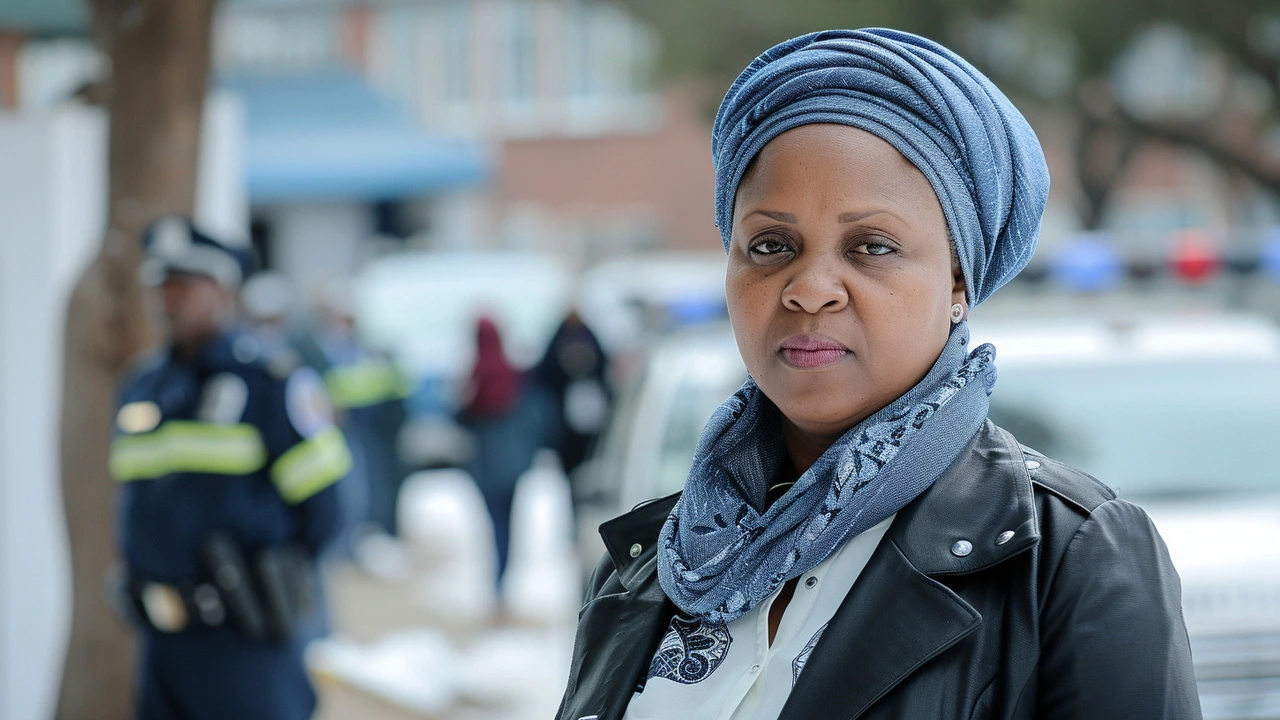The Bosasa scandal shook South Africa to its core. This case uncovered a network of corruption involving a government contractor, Bosasa, which was accused of bribing officials to secure lucrative state contracts. It’s not just a story about illegal deals; it’s about how deep-rooted corruption affects the whole country.
At the heart of the scandal is Bosasa’s alleged manipulation of government tenders, particularly involving the Department of Correctional Services. The company reportedly paid millions in bribes to key government figures to win contracts worth billions of rands. This didn’t just hit government coffers—it eroded public trust in institutions that are supposed to serve citizens fairly.
The drama unfolded in courtrooms, with witnesses giving explosive testimonies about the corrupt payments and kickbacks. These revelations laid bare the complicity of high-profile politicians and public officials. One notable figure was the boss of Bosasa, who faced charges linked to fraud and corruption. The legal fight is ongoing, and each hearing adds new pieces to the puzzle.
The scandal also highlighted the role of investigative journalists and whistleblowers who bravely brought information to light. Their efforts sparked nationwide discussions on accountability and the need for reform to prevent such corruption from happening again.
So why does the Bosasa scandal matter for you? For starters, it shows how corruption can drain resources meant for public services like healthcare, education, and safety. When companies like Bosasa manipulate contracts, ordinary citizens suffer the consequences.
On a hopeful note, the scandal has led to stricter oversight measures by government watchdogs and renewed calls for transparent governance. Citizens are more alert and vocal, demanding that leaders act responsibly. The legacy of Bosasa might be a push toward cleaner, fairer public sectors.
Stay tuned with Daily Wacek News for the latest updates on the Bosasa scandal and how South Africa is tackling corruption head-on.
